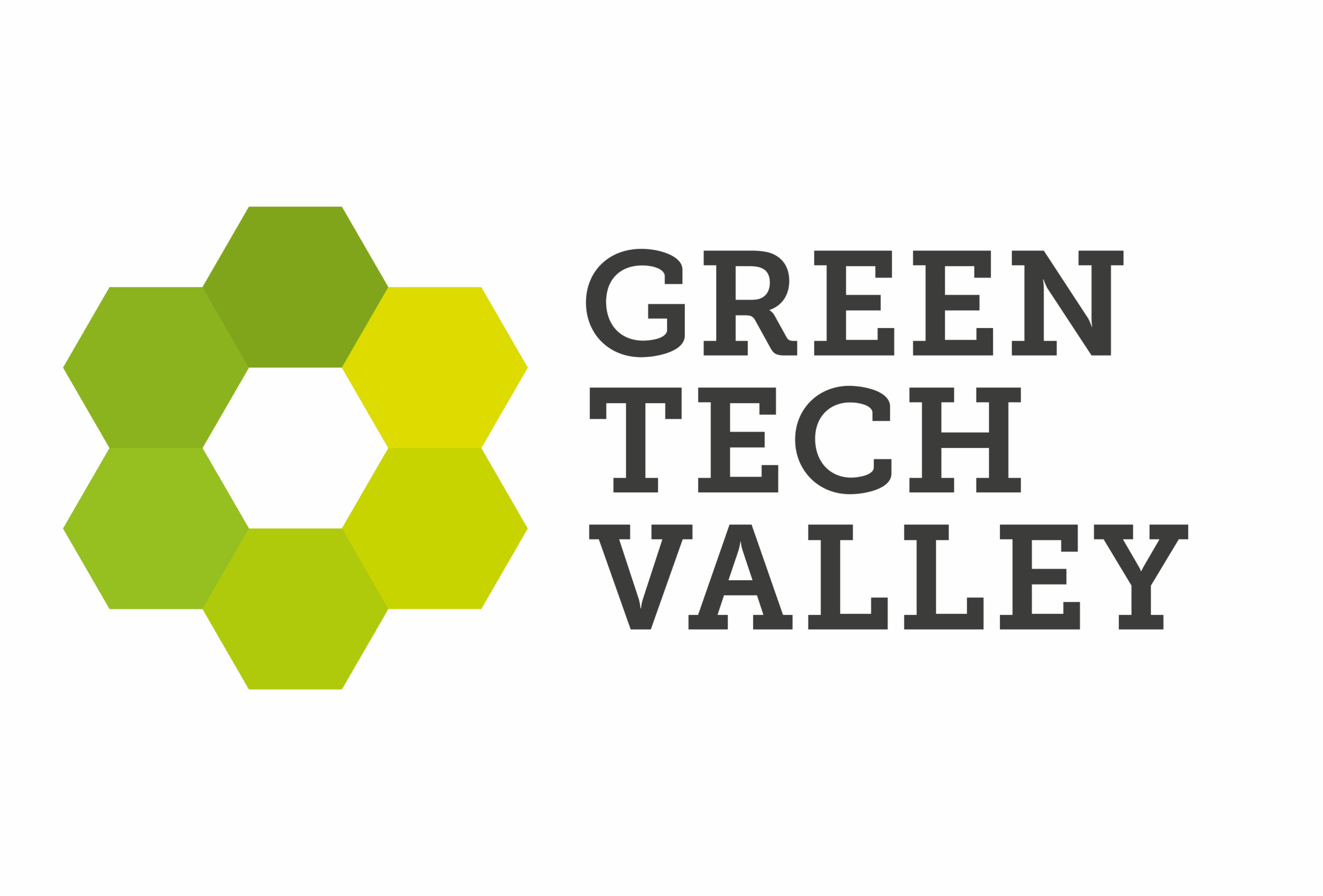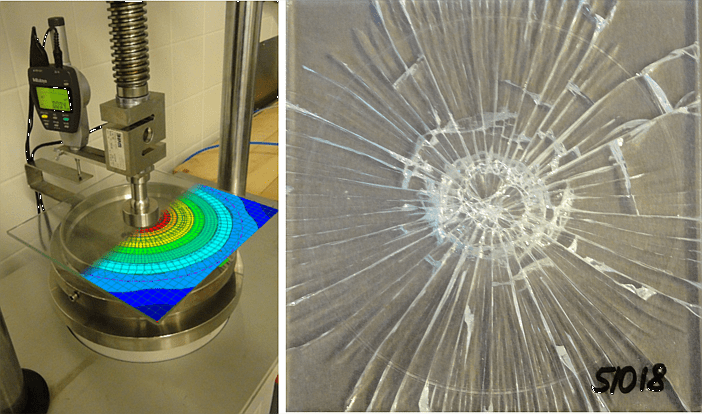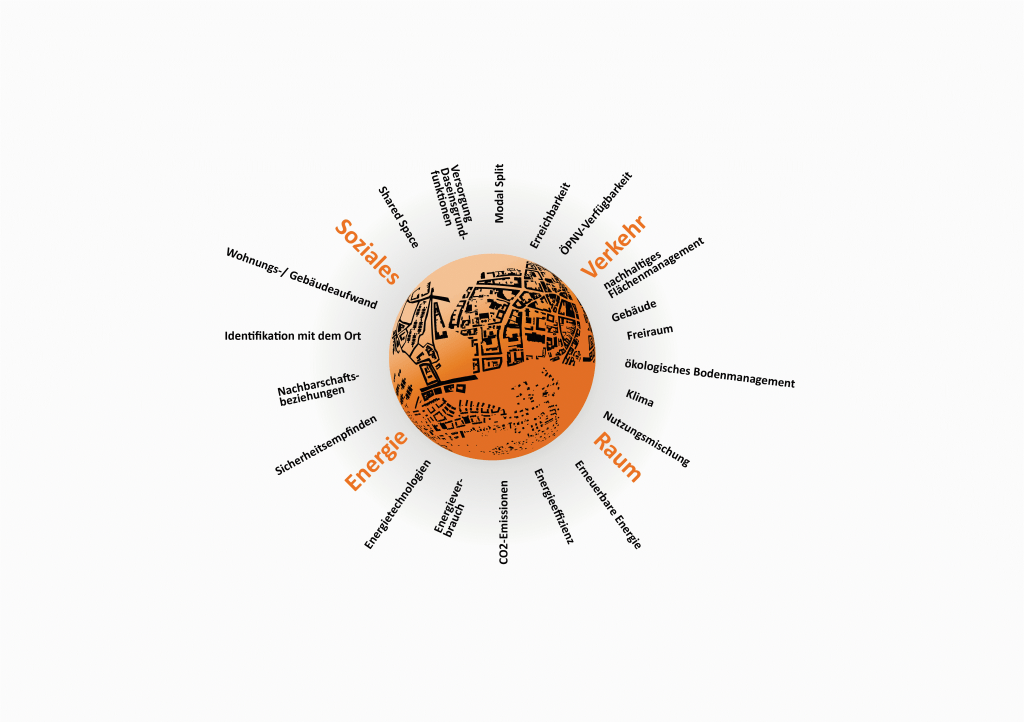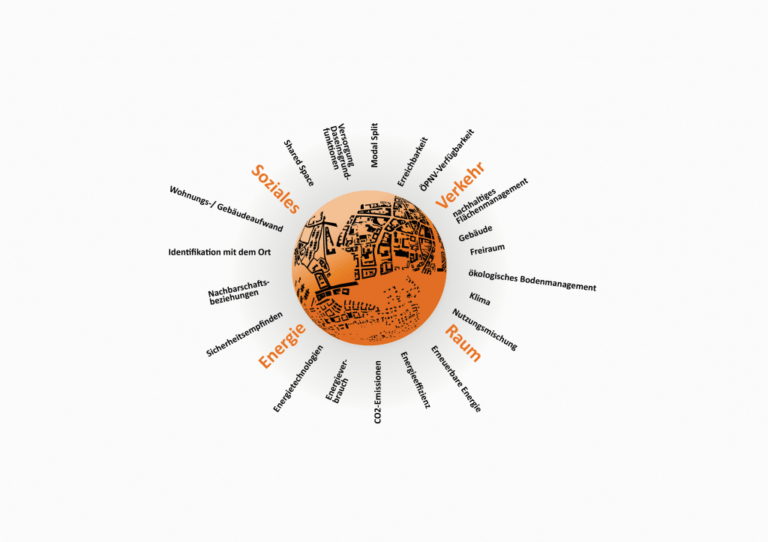FH JOANNEUM – Institut Architektur und Bauingenieurwesen
Increasing demands on building quality, functionality and higher awareness of costs and environmental impacts are main tasks of the degree programmes and the applied research activities of the institute for Construction Design and Economics.
The Institute CONSTRUCTION DESIGN and ECONOMICS combines the bachelor degree programme “Construction design and Economics” and the master degree programme “Construction Management and Engineering”. Furthermore the institute pursues a range of applied research and development activities in cooperation with the building industry, public institutions and universities at national and international level.
Design, planning, structural engineering, economics and project management are the main topics in the academic education of the bachelor degree programme „Construction Design and Economics“. Students can choose to specialize either in Architecture or in Construction Engineering. Interdiciplinary projects link the individual disciplines and prepare our students for the complex tasks in civil engineering.
The master programme „Construction Management and Engineering“ provides specialist education in energy-efficient building design and modern structures in construction engineering. Students will be familiarized with project management tools and legal basics required for drawing up and interpreting building contracts.
The members of the institute provide a wide range of expertise in civil engineering. The different areas of the research programmes can be summarized as follows:
• Sustainable urban living for the future
• Glass engineering
• Life Cycle oriented planning and optimization of buildings
• Facade systems
• Fire Design in construction engineering
• Timber engineering
In these fields research projects have been worked out in cooperation with the building industry and other research partners and building institutions. The work has regularily been funded by governmental institutions.
Within the scope of further education the institute offers special lectures and workshops to experts in civil engineering, in which topical tasks and results of the research activities are presented.
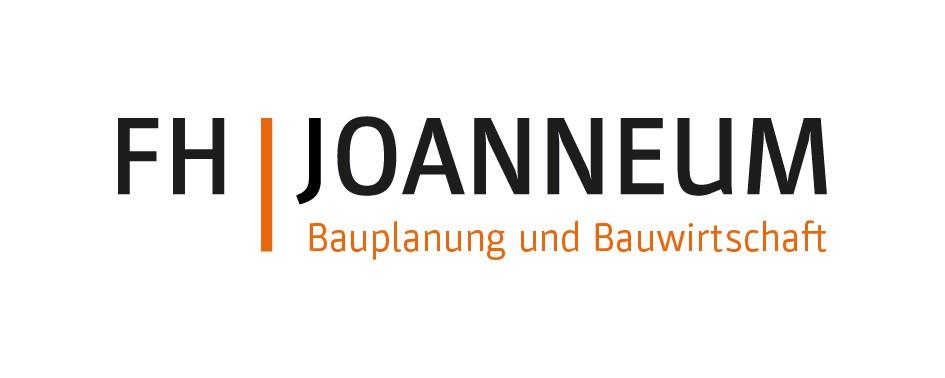
FH JOANNEUM – Institut Architektur und Bauingenieurwesen
Alte Poststraße 154
8020 Graz, Österreich
8020 Graz, Österreich
Your Contact
Michaela Kofler
Lifecycle-Based Building Design
Lifecycle analysis and evaluation of buildings and façade systems (LCA, LCC).
Sustainability, the conservation of resources and energy efficiency are all receiving increasing attention in the construction sector. Consequently, a lifecycle approach incorporating social, ecological and economic aspects is essential both for new and existing buildings.
Environmental protection plays an increasingly important role in current socio-political discourse. In line with sustainability considerations, it has become essential to consider the social and ecological aspects of building design both for new and existing buildings, also with respect to affordability and efficiency.
When planning buildings, developers and investors often only consider the costs of construction. If the entire lifecycle costs of a building are examined, however, including design and planning, construction, use, demolition and recycling, it becomes clear that the utilisation phase represents by far the greatest cost factor.
The Institute of Construction Design and Economics will place an increasing research focus on lifecycle based building design over the coming years, not only for new builds but also for retrofit and refurbishment projects.

Alte Poststraße 154
8020 Graz, Österreich
8020 Graz, Österreich
Contact to your Solution

Michaela Kofler
Glass engineering
Conduction and evaluation of tests (eg. double-ring-tests), design and optimisation of glass structures.
The focus of research in the field of glass construction lies in determining the flexural tensile strength of various types of glass, as well as developing structures and supporting structures in thin glass with a thickness of two millimetres and less.
In the field of glass construction, the Institute of Construction Design and Economics is researching means of determining glass strengths and developing structures and supporting structures in glass.
The so-called flexural tensile strength of various glass types, such as single-pane safety glass (ESG), is an indispensable value for measuring glass elements used for construction purposes. This material characteristic is determined by increasingly subjecting a glass surface to tension until breaking point. For standardised tests such as the coaxial double ring test, these tensile strengths can be determined using the Institute's laboratory equipment.
These strengths are measured in research projects carried out together with glass manufacturers including SFL technologies GmbH. A particular focus is on thin glass technologies where glass with thicknesses of two millimetres and less is used in supporting structures.

Alte Poststraße 154
8020 Graz, Österreich
8020 Graz, Österreich
Contact to your Solution

Michaela Kofler
Sustainable urban living for the future
Socioecological research is transdisciplinary. It takes as its starting point new and complex challenges, involves urban ecology, socioecology and environmental sociology, and recommends means of optimising people's urban or local environment.
In view of the threat of resource scarcity and the increasingly evident impact of climate change, sustainable urban and regional development is a hot topic. The Department of Building, Energy and Society is designing forward-looking projects which combine social and ecological topics as a continuation of the ÖKOTOPIA project. This requires transdisciplinary cooperation between the engineering, social and creative sciences.
They ask the following key questions:
+ How can we design urban and regional development to ensure it is socially acceptable?
+ What does the (strong) population drain from the regions to the cities mean for the quality of life?
+ What must be done to secure the key basics of life – air, water, recreation, activity and pleasure – in these changing areas?
+ How can we best organise living, working, mobility and intergenerational support?
+ What role can structural, social-communicative and energy technology measures play in achieving these goals?
The research focus of socioecological urban and regional development combines empirical and normative results. The aim is to:
+ understand the structure and dynamics of socioecological urban and regional systems,
+ understand the methods and concepts for targeted change, and
+ understand the desired social conditions.

Alte Poststraße 154
8020 Graz, Österreich
8020 Graz, Österreich
Contact to your Solution

Michaela Kofler


